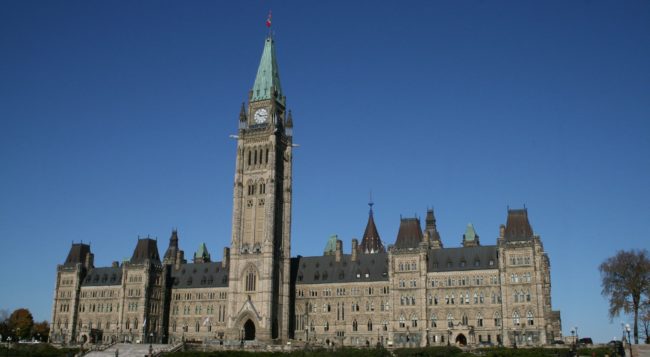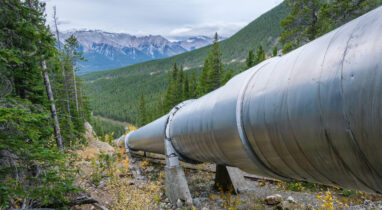Clean Prosperity welcomes measures announced today in the federal government’s 2022 Fall Economic Statement (FES) that will help grow Canada’s low-carbon economy.
“Canadian industry asked the government to address some legitimate risks associated with big investments in decarbonization, and the Fall Economic Statement responds to that request,” said Clean Prosperity Executive Director Michael Bernstein.
“There are measures announced today that should help unlock private capital and get low-carbon projects moving.”
The FES includes promising details about how the new Canada Growth Fund (CGF) will be structured to help grow Canada’s clean economy, create jobs, and reduce emissions.
“Canadian industry asked the government to address some legitimate risks associated with big investments in decarbonization, and the Fall Economic Statement responds to that request”
Clean Prosperity Executive Director Michael Bernstein
It’s encouraging that the CGF will be operated independently from the government, by professional investors, for the specific purpose of unlocking private capital and reducing risk. To this end, CGF will offer contracts for difference to help mitigate private-sector uncertainty about the trajectory of Canada’s federal carbon price.
Clean Prosperity and the Canadian Climate Institute identified carbon-pricing uncertainty as a major impediment to investment in decarbonization in a report released last month, which recommended that the government offer carbon contracts for difference as a way to reduce risk for firms and investors.
Importantly, the FES also delivers tools that will help Canada compete against jurisdictions like the United States that are offering aggressive policy incentives to drive the transition to a clean economy. Those tools include a refundable investment tax credit for capital investments in a wide range of key clean technologies — as well as a dedicated tax credit specifically for clean hydrogen production — that will help accelerate Canada’s economic transition.
The FES promises to drive the growth of Canada’s clean economy, but there are further steps that the federal government should consider for Budget 2023.
In particular, a more systematic approach to offering contracts for difference could further enhance the power of this tool to reduce risk and incentivize investment in decarbonization right across the economy. And if Canada is going to seize the opportunity to develop its carbon removal sector, then more tax measures will be needed to close the gap between Canada’s investment tax credit for carbon capture and the US$180-per-tonne credit offered to direct air capture projects in the United States.




